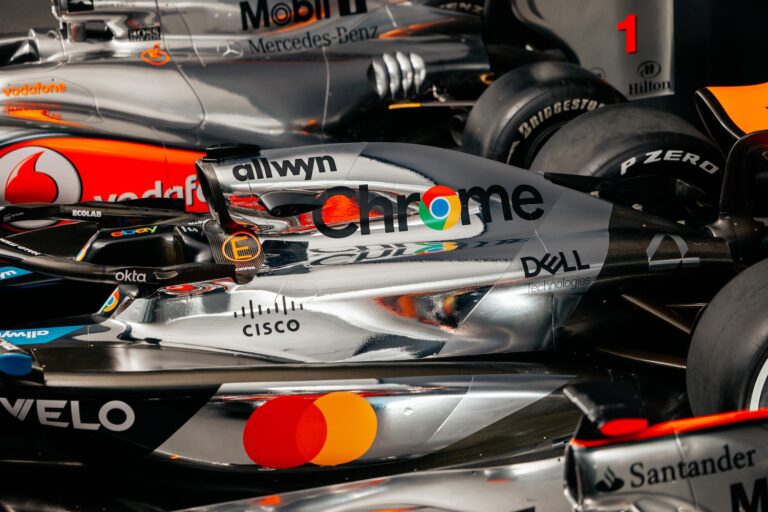Imagine trying to sell vehicle anti-freeze fluid in Bahrain. You’d need a highly imaginative business plan, that’s for sure. Maybe selling children’s books in Japanese from a shop in Slough might be more profitable. But what does this have to do with acquiring sponsorship?
Click here to subscribe to our print edition!
So that’s a bit far-fetched, yet it illustrates an important principle. Right now, motorsport sponsorship-seekers will be knocking on company doors with proposals that have no relevance whatsoever to their real needs, any more than anti-freeze has any relevance to motorists in Bahrain. The proposals will be based entirely on assumed needs. It’s called “guess-work”.
The one thing that never changes in business is the need to sell more products or services and increase market share. If a CEO or business owner believes that you can help with this, you’re almost certainly guaranteed a meeting.
These two factors are critical to successful sponsorship acquisition:
[icon type=”circle” size=”small” class=”null” name=”e-chart-line”] Identify the specific business-development needs of a company before proposing ways in which your sponsorship property might prove beneficial.
[icon type=”circle” size=”small” class=”null” name=”e-doc-text-inv”] Create a sponsorship property offering as comprehensive a range of business-development capabilities as possible. Not just “Brand Awareness; Hospitality; PR”. About 90% of motorsport proposals are based entirely on this. I’m referring to innovative capabilities, which are both measurable and sustainable. The more you offer, the more “saleable” your sponsorship property becomes.
Get help to do this. I’d recommend asking for assistance from two or three friends, business colleagues or even family members. You’ll need to get together for a couple of hours, maybe more than once. Ideally, use a room with a whiteboard or flip-chart facility.
Start by detailing the sponsorship property that you intend to take to “market”. Then ask everyone to shout out as many potential business-related capabilities that they feel the sponsorship can offer. Write each one down, no matter whether feasible or not at this stage. In the process, you’ll start to create a property that is greatly increasing its business appeal, or “saleability”.
For example, here’s a potential “capability”: A PLATFORM FOR PRODUCT-SAMPLING.
For a business selling a new range of Italian sauces, it’s a fairly safe bet that “product-sampling” will be one of the marketing activities being considered. You can potentially offer this, both at the race track and in-store, using the race car as the focus of attention.
Another capability might be: A SALES-INCENTIVE PLATFORM.
Again, think how the company might achieve this through a motorsport-themed, innovative strategy incorporating indoor-karting, track days, VIP race days as rewards for above-target sales performance.
Throw onto that whiteboard every “capability” offered. Worry about filtering them later.
You’ll be amazed at how many ideas come up. In the process, you’ll be on your way to developing a sponsorship property that’s “saleable” and will greatly increase your chances of matching its capabilities to a company’s real, not assumed, needs.
Let me repeat that this is not when you send out a proposal. How can you propose anything? At this stage, you still have no knowledge of what the company’s needs might be. Imagine walking into a photographic shop and before you even have a conversation, the sales assistant proposes that you buy an underwater camera. You wanted a tripod! Sadly, that’s no different to what many sponsorship-seekers do, they send a proposal before knowing anything about the company’s potential needs.
Next month we’ll continue looking at how to create your saleable sponsorship property and how to target the most appropriate companies. If you’ve found this insight interesting and want to learn more in advance of the next Paddock edition, go to my website and look at the free introductory module outlining my new online training course: www.thesponsorshipbusiness.com








